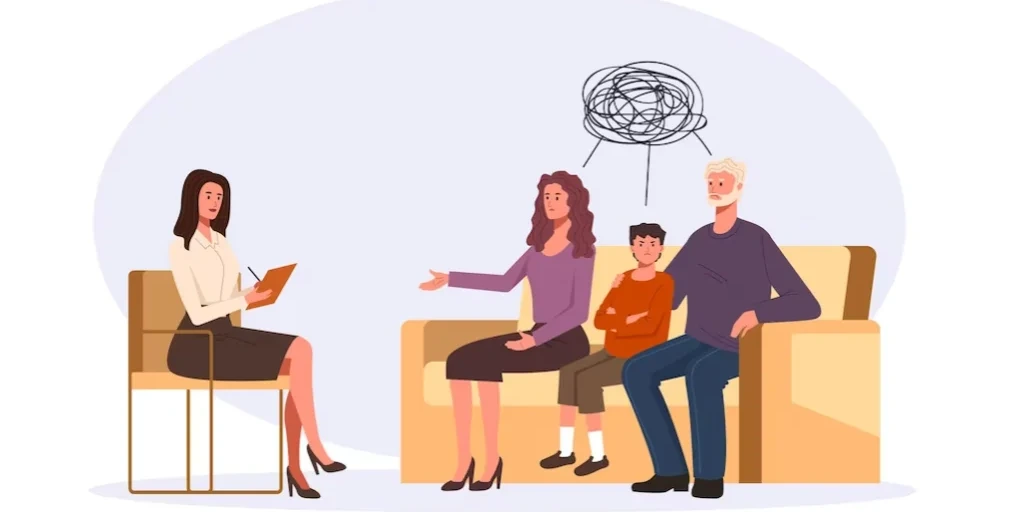24/7 Helpline:
(866) 899-111424/7 Helpline:
(866) 899-1114
Learn more about Amphetamine Detox centers in Freeport
Amphetamine Detox in Other Cities

Other Insurance Options

Private insurance

CareFirst

Carleon

Magellan Health

United Health Care

Sliding scale payment assistance

Highmark

BlueCross

PHCS Network

EmblemHealth

Sutter

CareSource

Absolute Total Care

Humana

American Behavioral

Optima

Kaiser Permanente

UnitedHealth Group
Beacon

Lucent

























